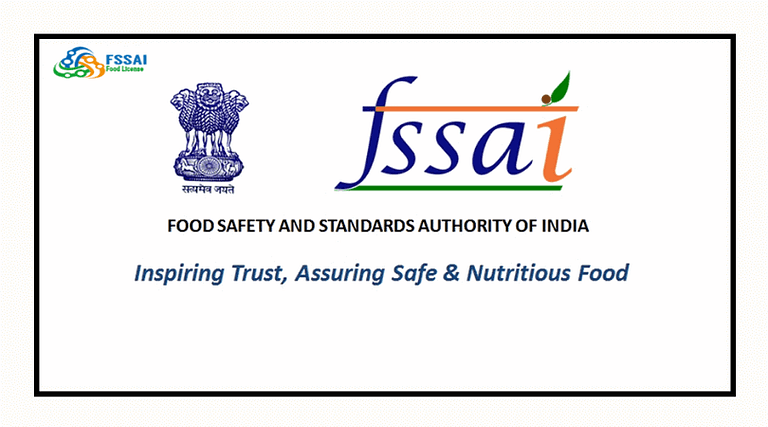Two dingy and small kitchens in Bengaluru, each with a single license from the Food Safety and Standards Authority (FSSAI) are reported to run over 400 brands on Swiggy and Zomato.
The story was reported by a person who calls himself Pea Bee and published on the newsletter platform Substack. Since then, the story has been aggressively circulated on social media.
He said that he found some datasets for Bengaluru-based restaurants for Swiggy and Zomato on Kaggle. “I then wrote a small script to get the FSSAI license no. and the lat/long of each of these restaurants. Both publicly available information. I was doing this to find and avoid restaurant brands that I do not like on Swiggy and Zomato. But while analyzing the FSSAI license data of these restaurants, I found something very, very weird.”
Pea Bee states that a lot of restaurants on Swiggy and Zomato are cloud kitchens. It is possible to run multiple restaurant brands on food ordering platforms from the same kitchen. Also, there are a lot of cloud food kitchens that do not make good food, but their information is not findable on Swiggy or Zomato.
In his investigation, he found out that the FSSAI license has 189 varying restaurants listed on Swiggy and another 127 on Zomato. One person/entity is running 400 different restaurant listings on Swiggy and Zomato from two tiny kitchens,” he added to his writing.
To back his search, FSSAI does not define a limit to the number of brands that can be operated from the same license. “FSSAI license is based on the premise. All kinds of food business activities that are being conducted at the same premise can be applied in a single FSSAI license.”

According to Pea Bee, both these restaurants are very poorly rated on both Swiggy and Zomato. “None of them is rated higher than 4… But as always, and even more so on the Indian internet, we should do our due diligence with every little thing we read or do online. It is a minefield of misinformation and deranged hustlers out there. And we can’t rely on these platforms to protect our interests,” he added.
According to the TOI, aggregators used to physically check and have a proper procedure in case the menu had any overlap of over 70% among their peer groups. The same processes seem to be on the back foot right now.
Also Read: https://www.thenewshamster.com/explained-what-is-digital-rape-how-can-offenders-be-prosecuted-under-it/





















































































